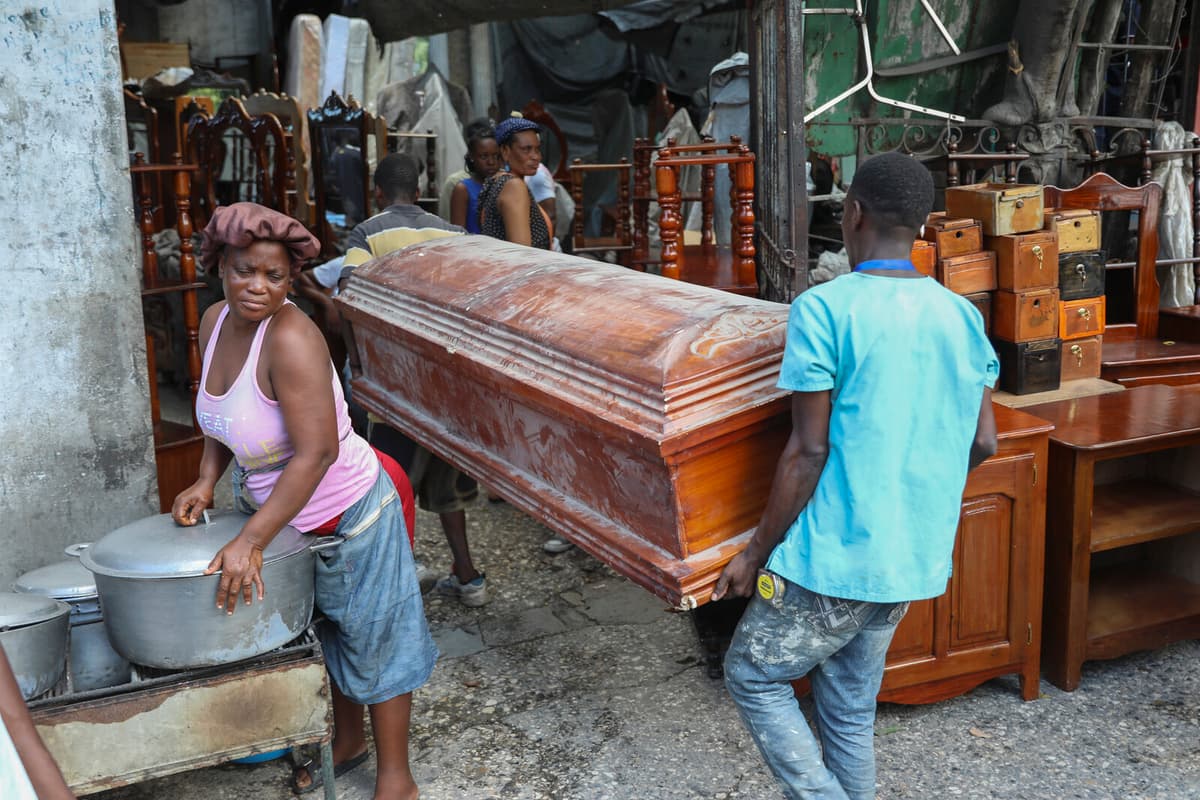Many Haitians are reported to have been killed by random gunfire, while others were executed for daring to oppose the gangs.
"The gangs filmed the scenes and spread them on social media to instill fear and control the population," writes OHCHR.
Haiti, one of the world's poorest countries, has been plunged into chaos and anarchy as criminal gangs have taken over the capital Port-au-Prince. As a result, security and the healthcare system in the country have largely collapsed.
During the first half of the year, violence forced around 600,000 people to flee, according to OHCHR. During the same period, nearly 900 people, 25 of them children, were kidnapped by gang members who demanded ransom for their release.
The gangs are also reported to use sexual violence to punish, spread fear, and subdue the population. Criminals are also accused of recruiting a large number of children to their violent activities.
"No more lives should be lost to this senseless criminality," says UN human rights chief Volker Türk in a statement.
At least 860 Haitians have also been killed in what the UN calls "disproportionate" police violence, including at least 36 children.
With over 11 million inhabitants, Haiti is the most populous nation in the Caribbean. The country is located in the Caribbean Sea, where it shares the island of Hispaniola with the Dominican Republic.
The island was already divided into two parts in the 17th century – one part held by France and one by Spain. After a slave uprising, Haiti declared its independence in 1804.
The 19th century was marked by continued wars, and during the 20th century, brutal regimes succeeded each other.
The latest era can be said to have begun with the catastrophic earthquake in 2010, which claimed hundreds of thousands of lives. It was followed ten months later by a large-scale and deadly cholera outbreak.
Several elections were held in the following years, but the results were strongly questioned. When President Jovenel Moïse was murdered at his home on July 7, 2021, the situation worsened further. The murder remains unsolved, and in the unrest, criminal gangs have taken control of large parts of the country.
In March this year, the interim Prime Minister Ariel Henry resigned in an attempt to curb the violence. The transitional council that took over power has, however, so far failed to stop the gangs.






